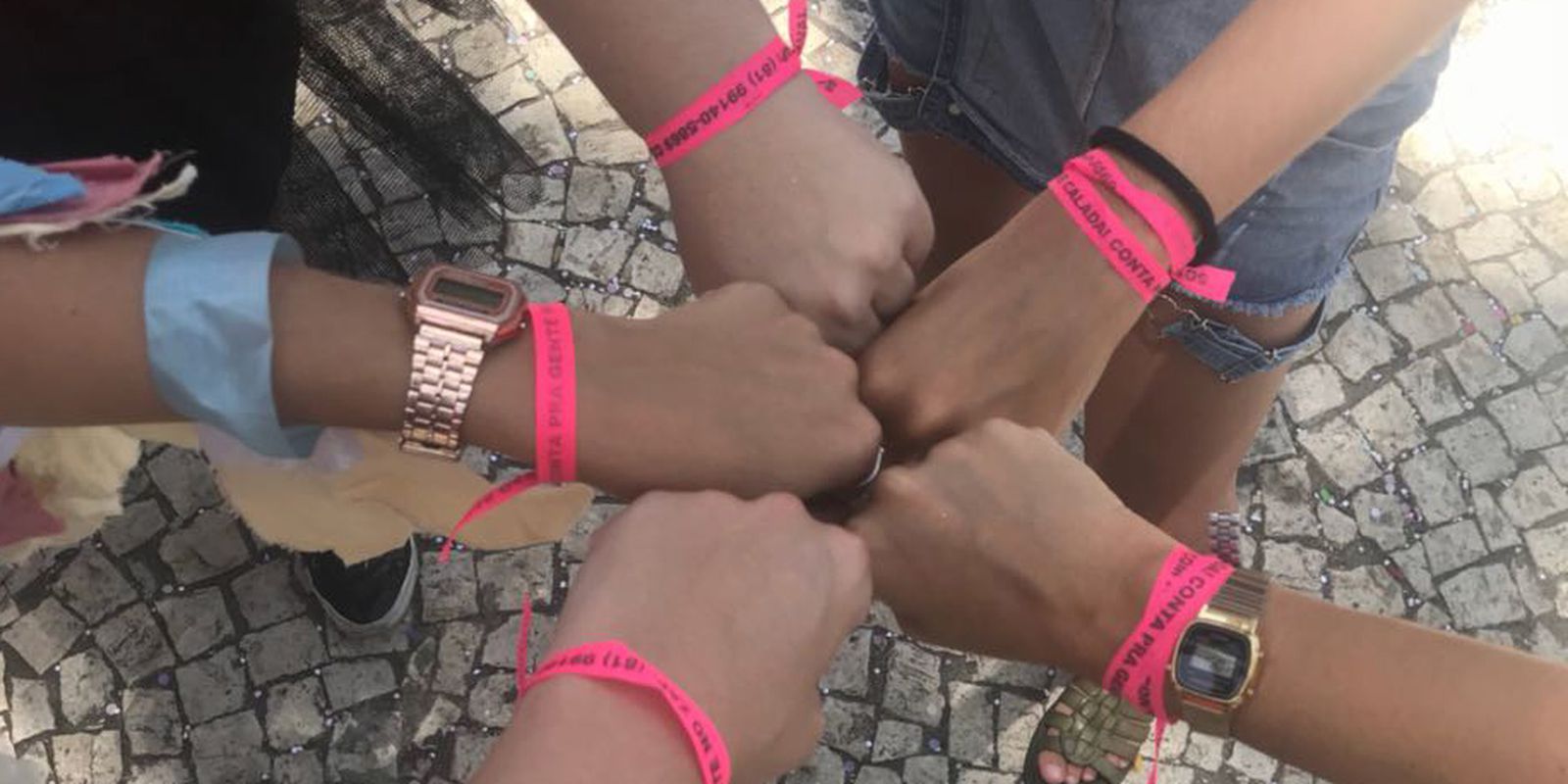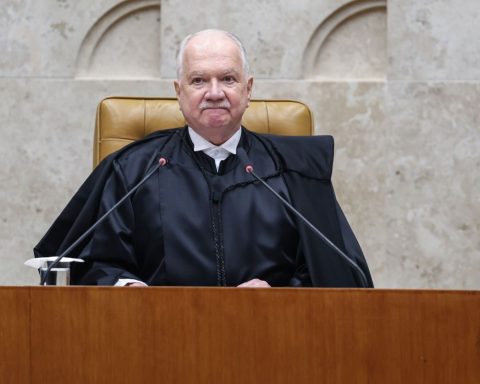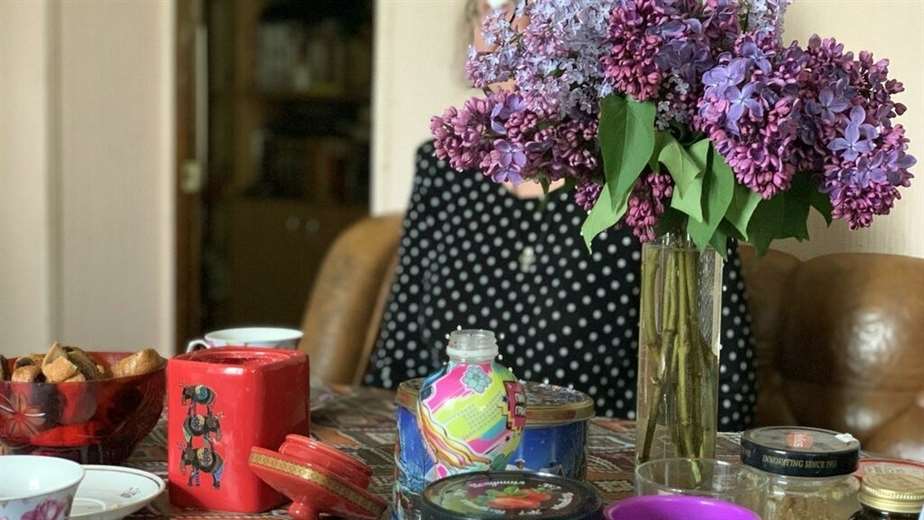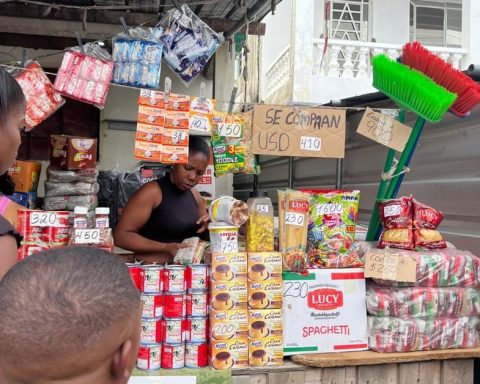Data from the Ministry of Women, Family and Human Rights indicate that this year, 4,486 complaints of human rights violations against children and adolescents linked to situations of sexual violence have already been registered. To raise awareness of the matter, today (18) marks the National Day to Combat Abuse and Sexual Exploitation of Children and Adolescents.
Between January and December 2021, there were 18,681 records counted among the complaints received by the National Human Rights Ombudsman, equivalent to 18.6% of the reports. The 2021 survey indicated that the rape scenario that appears most frequently in the complaints is the victim’s and suspect’s residence (8,494), the victim’s home (3,330) and the suspect’s home (3,098).
The stepfather and stepmother (2,617) and the father (2,443) and mother (2,044) are among the biggest suspects in the cases. In almost 60% of the records, the victim was between 10 and 17 years old. In about 74%, the rape is against girls.
Despite the reported data, the underreporting of cases can hide the worsening of the situation. According to information from the Ministry of Health, between 2011 and 2017, 70% of the 527,000 people raped in Brazil annually, on average, were children and adolescents. In addition, 51% of those who were abused are between one and five years old.
Campaign
The Non-Governmental Organization (NGO) Plan International Brazil carries out several actions to mark the fight against child sexual harassment and exploitation. Among the measures, there is the Fato Certo Não Tem Erro campaign.
According to the NGO’s project manager in Bahia, Elaine Amazonas, the initiative was created to raise awareness of families, education professionals and society in general about the consequences of misinformation and fake news on various topics, including sexual abuse.
“The materials created also provide theoretical and legal support for the debate on gender identities. We have several materials, such as a booklet on Literacy in Rights, posts for social networks, three Instagram filters, one of which is a quiz about gender identities and stickers for Whatsapp“, he said.
The material also includes five thematic videos that address topics such as transphobia, homophobia, teenage pregnancy, sexual abuse and sexually transmitted infections.
will also be made available podcasts with ten episodes that discuss facts and fake news, bringing, for example, the difference between lies and fake news and real stories of people who are victims of prejudice because of fake news. All materials already released can be seen on here.
denunciations
Elaine advises that, when experiencing any situation that brings discomfort to a child, for example, the ideal is that she looks for an adult she trusts to report what happened.
“This adult can be the father or mother, the caregiver and caretaker. A close relative, a teacher at the school, a health professional who can hear the report. For families, what we advise is that they listen and give credit to what the child is bringing. Investigate, pay attention to the signs and make the referral to a specialized service that will be able to welcome and give the necessary referrals to the issue. Not only in relation to the complaint, but also in relation to the reception and monitoring of this child or adolescent”, he explained.
how to report
To raise awareness of the issue, the ministry launched the May Orange campaign. The objective is to encourage cases to be reported. In 2021, 48.4% (9,053) of reports of sexual violence against children and adolescents, through Dial 100, were anonymous. The Ombudsman’s call center can be called at any time, 24 hours a day, including weekends and holidays.
The ministry also makes available the Human Rights Brazil application, WhatsApp (61-99656-5008) and telegram (type in the search “Direitoshumanosbrasilbot”), which offer the same qualified listening services. In the case of children and adolescents, the complaint can also be made through the Sabe App – Know, Learn and Protect.
When the victim is a child or adolescent, the complaint is forwarded to the Guardianship Council and, in cases where the violation constitutes, to the Specialized Police Station or the Common Police Station, in the case of non-existence, and to the Public Ministry.
















